20 Interesting Facts About French Schools
Did you know that French students have 2 months of holidays in summer? Or that education in France is almost free?
Discover more through these 20 interesting facts about French schools! 🎓
The Best School in France Facts
France is definitely a wonderful country you can always learn about.
Not only are its history, culture and gastronomy incredibly interesting, but you will even want to learn about… schools! I have 20 facts about schools in France for you. 👩🏫
1. Going to school is mandatory in France
If you do not like going to school, I can understand you, but in France it is required by law for children to go to school until they are at least 16 years old.
Many French kids would love to skip school and stay home all day every day, but just like in the US, well, they can’t. This is why their parents usually remind them that it is mandatory, whether they like it or not.
2. French schools are reputed for having lots of vacation
Holidays are very dependent on the country.
In many of them, kids rarely have time to breathe, but at the same time their school days are very short. In France, it is the opposite: kids (and teachers) can enjoy lots of vacation: 2 months every summer, and 2 weeks every 6 weeks of school. But considering the length of their days, you can understand that…
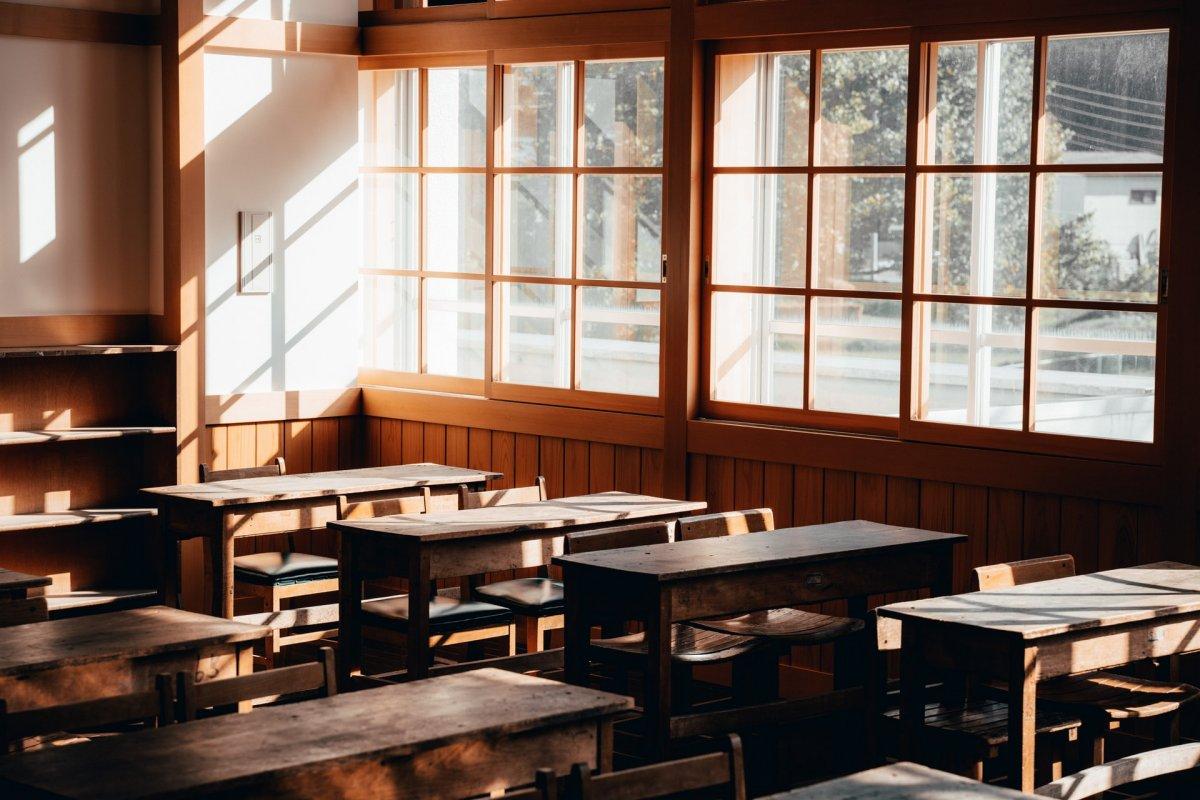
3. French school days are very, very long
In Germany, the neighboring country which is in many ways very similar to France, school has nothing to do with the French one. German kids end school at noon and have the afternoon dedicated to sports and hobbies.
In France, school starts at around 8 or 8:30 AM, and ends around 5 PM. Can you still blame them for their tons of holidays now?
4. Methods have changed a lot in French schools, but the old ones are still very present
If they knew how school was like in France in old times, kids would probably immediately stop complaining. Before, teachers did not hesitate to use violence, hitting children’s fingers with their ruler.
While that is (fortunately) strictly forbidden now, French kids are still getting their grades in front of the whole class, and they are copying lines as a form of punishment.
5. The most important subject in most French people’s minds is math
In French schools, math is basically king. This does not apply to 100% of the population, obviously, but almost everyone considers math as being the one and only way to select students.
While you can study anything in France, you are reputed to have a better education if you chose math. This might have to do with how engineering is popular all around the world.

6. Lunch breaks are almost as long as holidays in French schools!
Not literally, of course. But lunch breaks are probably the longest in France, and that is why their school days are so long. If you ask me, I would rather have a shorter lunch break and go back home earlier, but that’s just how it is.
Not many children bring their lunch, they either eat at the very decent cafeterias, or go back home. Whether you live close to school or not, 2 hours is plenty enough time to go home!
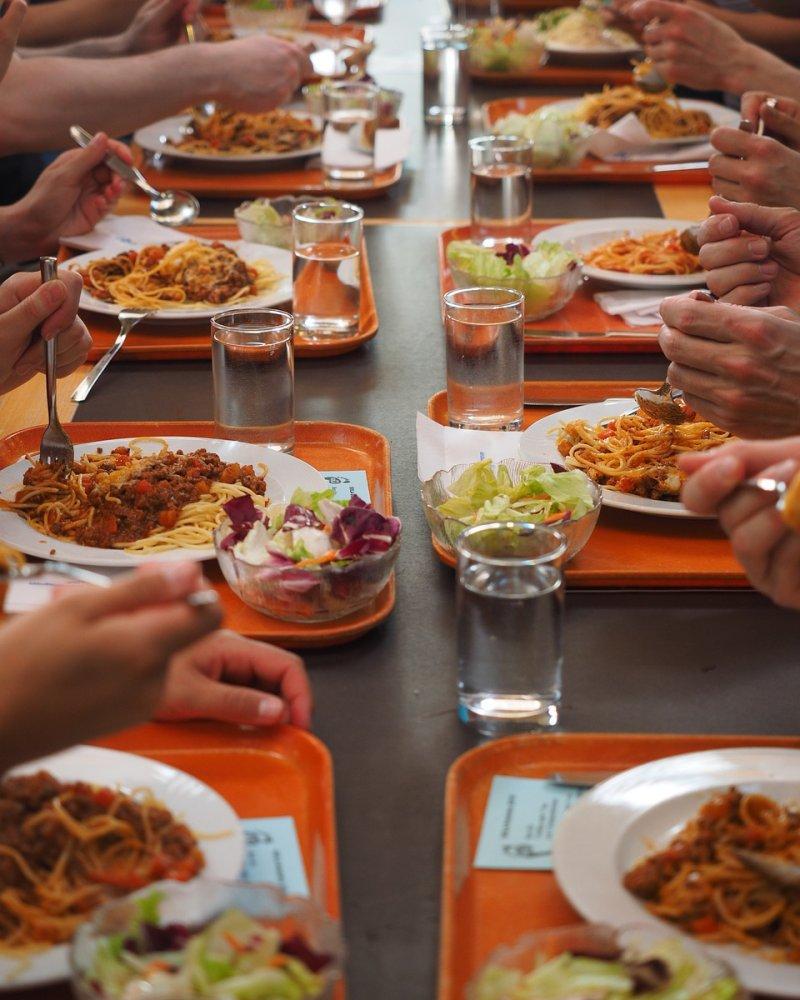
7. French schools are almost completely free
Jules Ferry, a pioneer for education in France, created the free, secular and mandatory education during the 19th century. Kids hate him, but thanks to Ferry public schools are free in France.
There are still school supplies that parents have to pay, but the poorest of them can get financial help in that matter. France is very inclusive and thinks about everyone.
8. The French education is centered around the teacher
This is another old habit that is still very present in France, but education is centered around the teacher there. Basically, children have to sit and listen to the curriculum mandated by the government that the teacher has to present to them.
Good news though: young teachers are learning more modern and arguably better methods to guide children. More of them are exploring new ways of teaching compared to the stable old fashion.
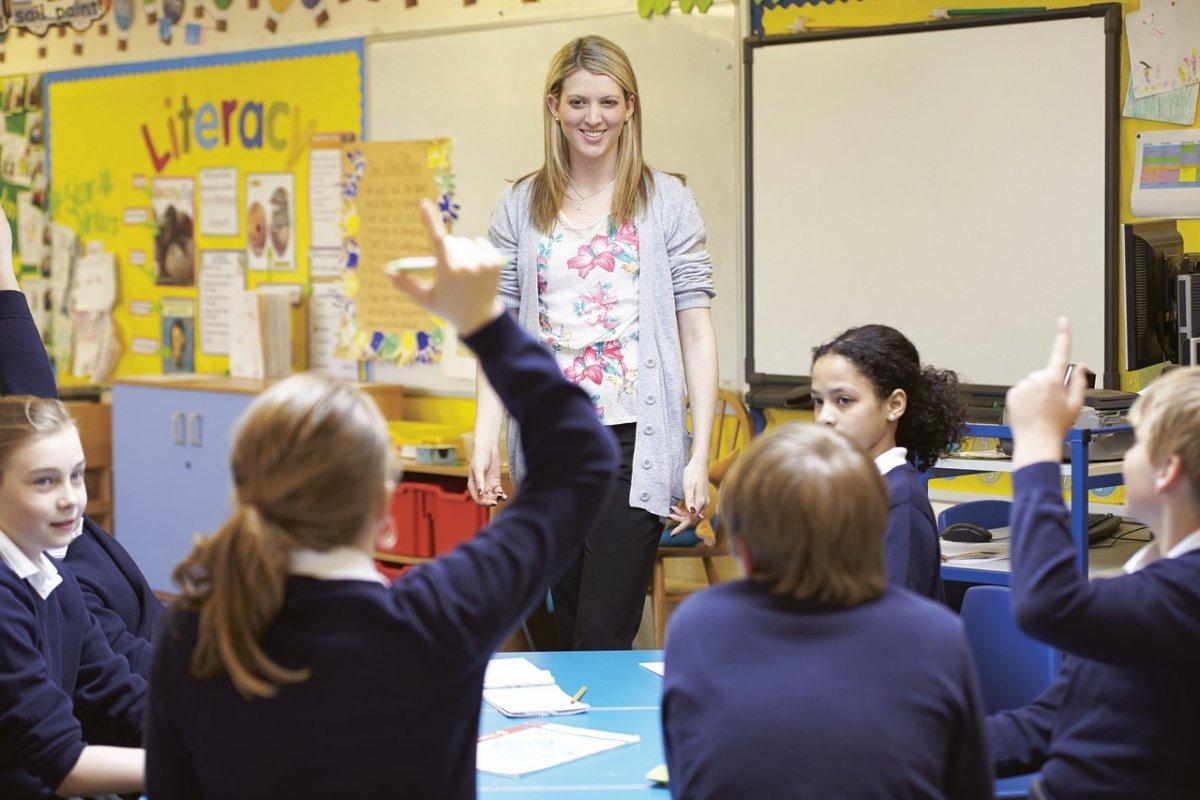
9. French schools are secular
As I have told you in fact #7, Jules Ferry created a free, mandatory and secular school system in France. This means that no one can wear any religious sign inside the school, whatever the religion, even if France is historically a Catholic country.
This has created a huge controversy with Muslims when their scarves were banned. Religion is always a very complicated topic, but that’s how it is in France: no one can show their religion in schools.
10. French kids can learn lots of different languages in France
It is said that French people are very bad at foreign languages. However, almost all of them learn at least English, and most of the time a second language as well like German, Spanish or Italian.
There are even lots of bilingual schools, or special classes in which you can learn the language more intensively. What people love most about these classes are the school trips of course!
11. The best grade in France is either A or 20
In the US, students are graded out of 100%, with 93% being the lowest acceptable rate for high-achievers.
In France, depending on your age and school, you could get graded with letters (from F to A), but most of the time you will be attributed a number, from 0 to 20. 20/20 is the best possible grade and means your exam went perfectly.
12. There is barely anything in French classrooms
If we compare France to the United States again, classrooms are very different.
In the US, you will see lots of motivational posters dedicated to students to surpass themselves, as well as study aids and students’ work: the walls are full. In France on the other hand, classrooms are just bare. There is a bit of decoration, but otherwise that’s about it.
13. French universities are very affordable
This is my last comparison to the United States, I promise: there, students are stuck in a life-time debt circle because of how expensive tuition is. It can get up to $70,000 a year, meaning you have to sacrifice a lot for your education.
In France, you will only need to pay several hundreds of euros per year!
14. The French school year lasts from September to July
French kids have two months of holiday to enjoy the summer, from the end of June to the beginning of September.
This means that their school year typically lasts from September to July. The first day of school in September is called the “Rentrée”, and is a day most kids hate, obviously. Parents are sometimes given a day off to bring their kids to school.
15. French schools have a smart holiday system
While there are very regular holidays in France, not everyone in France gets to relax at the same time. Indeed, France is divided into three zones (A, B & C) that have different holidays, generally shifted by a week from A to B and from B to C.
This is a very interesting system to reduce the number of people going on holiday at the same time!
16. Holidays can be exhausting for parents in France, but there are solutions
Two months of holidays is a lot. Not only does this mean that kids have to find what to do during this whole time, but most importantly parents need to make sure someone is watching over their children (they of course cannot take 2 months of holidays as well).
For that, there is a thing called the “centre de loisirs” or “centre aéré”. Parents can drop their kids there for several weeks where kids can enjoy sports and craft activities, from morning to the end of the day.

17. The first stage of French school is “la maternelle”
Children have to start going to school at the age of 3 at the “maternelle”. Some of them go to the “crèche” before that, but this is solely intended to keep an eye on children, not really to educate them.
The maternelle is divided into three years: “petite” (small), “moyenne” (middle) and “grande” (large) sections. Basically, “moyenne section” is pre-school and “grande section” is kindergarten.
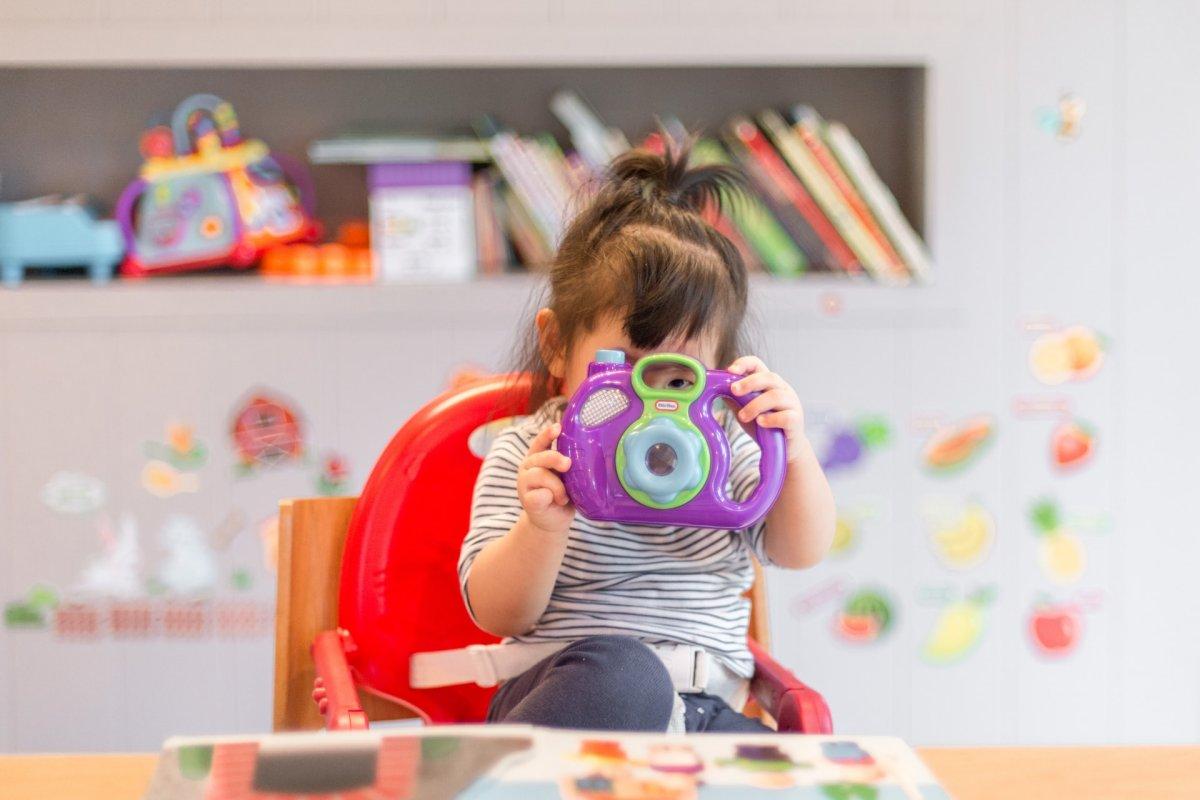
18. Primary school lasts for 5 years in France
While the names are quite hard to remember, just think of primary school as a 5-year school cycle.
The first year (when children are aged 6) is called “cours préparatoire” (preparatory course), or CP. Then, there is “cours élémentaire” 1 and 2 (elementary course), or CE1 and CE2. Finally, the last two years before middle school are “cours moyen” 1 and 2 (middle course), or CM1 and CM2.
19. Do not confuse French middle school with American college
In French, middle school is called “collège”. This has nothing to do with the college of higher education, and is for children aged 11 to 14.
The names of the school grades change again. The first year is called “6eme” (6th grade)… and then it decreases! “5eme”, “4eme” and “3eme” are all the names of the middle school years in France.
20. French high school (“lycée”) lasts for three years
There is a bit of logic for the transition between middle and high school in France: the name of the grades are “2nde”, “1ere” and “Terminale”. This is for 15 to 17-year old students.
At the end of high school is the famous “baccalauréat”, or “bac” (A-levels). It is the last exam before going to universities or other schools.
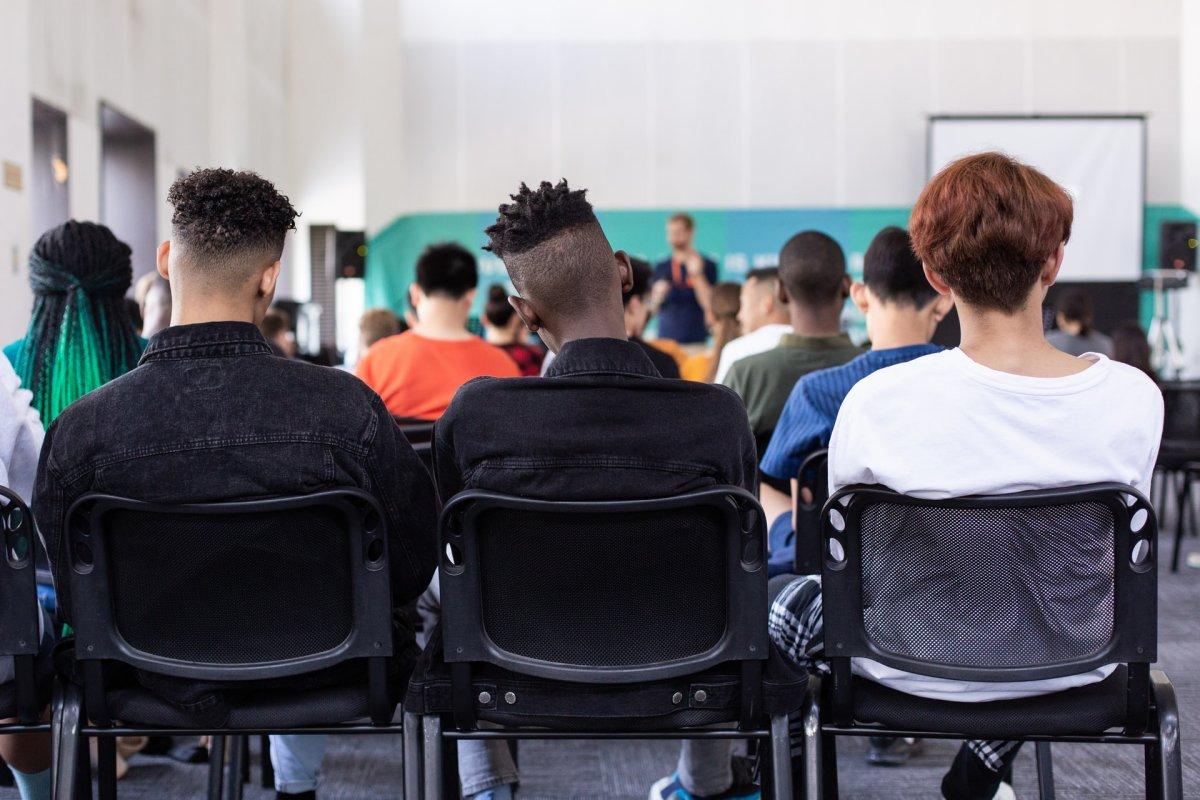
So there you have them, these were all my 20 schools in France facts. I hope you enjoyed them and that you learned something new today.
In case you want to learn more about the rest of the country, feel free to keep reading, as I still have lots of things to tell you about. 👇
More Facts!
Loved these facts about France schools? Well, I have other France facts posts I’m sure you’ll love reading!
Here is the main guide of the best France facts 👉 The 60 Best Facts about France
Check out these France facts by city:
- Facts about Paris
- Facts about Lyon
- Facts about Marseille
- Facts about Strasbourg
- Facts about Nice
- Facts about Bordeaux
- Facts about Toulouse
- Facts about Cannes
Or these French facts by region:
- Facts about Brittany
- Facts about Normandy
- Facts about Corsica
- Facts about French Guiana
- Facts about Guadeloupe
- Facts about Martinique
You can also check these French facts by topic:
- Facts about French food
- Facts about French people
- Facts about the Tour de France
- Facts about the French language
- Facts about Easter in France
- Facts about French cheese
- Facts about fashion in France
- Facts about Christmas in France
- Facts about the French Alps
- Facts about Disneyland Paris
Or click here to see ALL the facts up on the blog! Spoiler alert: there’s A LOT of them.
The Full List of 20 French Schools Facts
- Going to school is mandatory in France
- French schools are reputed for having lots of vacation
- French school days are very, very long
- Methods have changed a lot in French schools, but the old ones are still very present
- The most important subject in most French people’s minds is math
- Lunch breaks are almost as long as holidays in French schools!
- French schools are almost completely free
- The French education is centered around the teacher
- French schools are secular
- French kids can learn lots of different languages in France
- The best grade in France is either A or 20
- There is barely anything in French classrooms
- French universities are very affordable
- The French school year lasts from September to July
- French schools have a smart holiday system
- Holidays can be exhausting for parents in France, but there are solutions
- The first stage of French school is “la maternelle”
- Primary school lasts for 5 years in France
- Do not confuse French middle school with American college
- French high school (“lycée”) lasts for three years
Share the knowledge! Click on the buttons below to share these facts with your friends, and help them learn more about the world 🙂
Pin this to Pinterest!
Enjoyed this guide? Then help a fellow traveler and pin it! They'll most definitely love you for it, 100% guarantee.



![25 Interesting Singapore Education Facts [100% true]](https://www.kevmrc.com/wp-content/uploads/2022/05/25-singapore-education-facts.jpg)
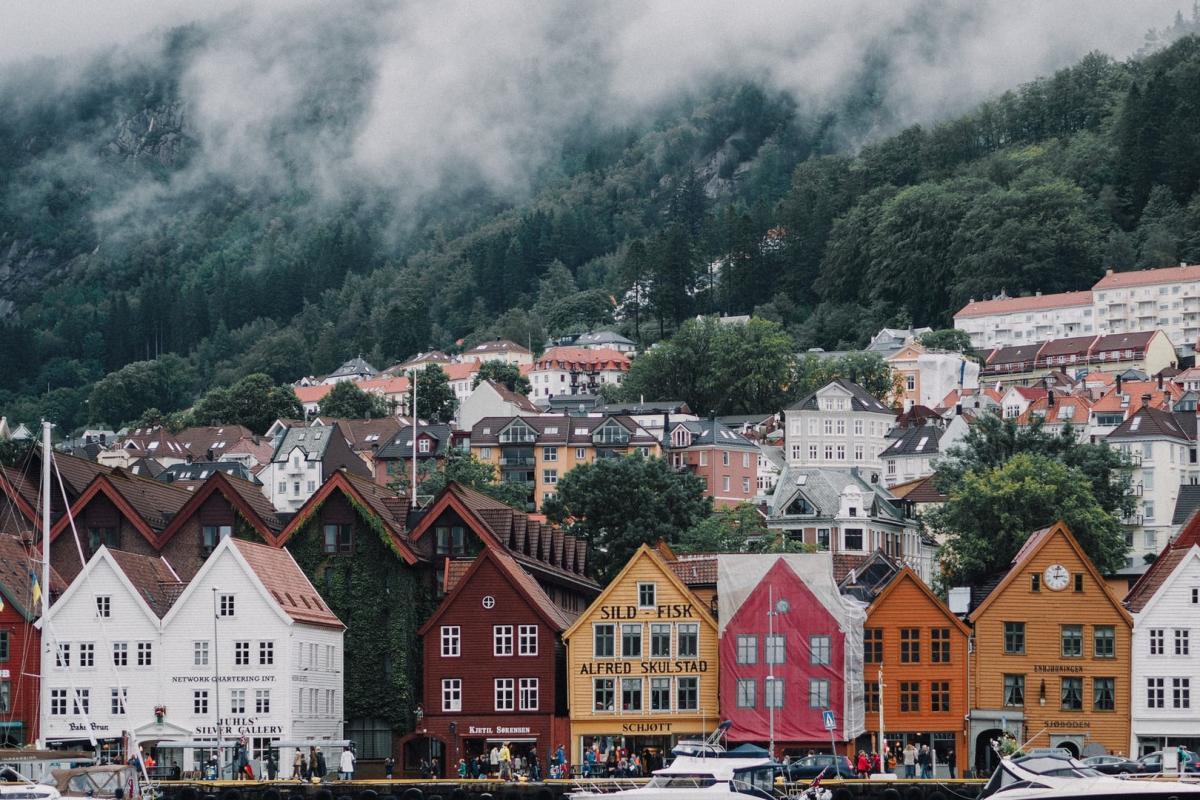
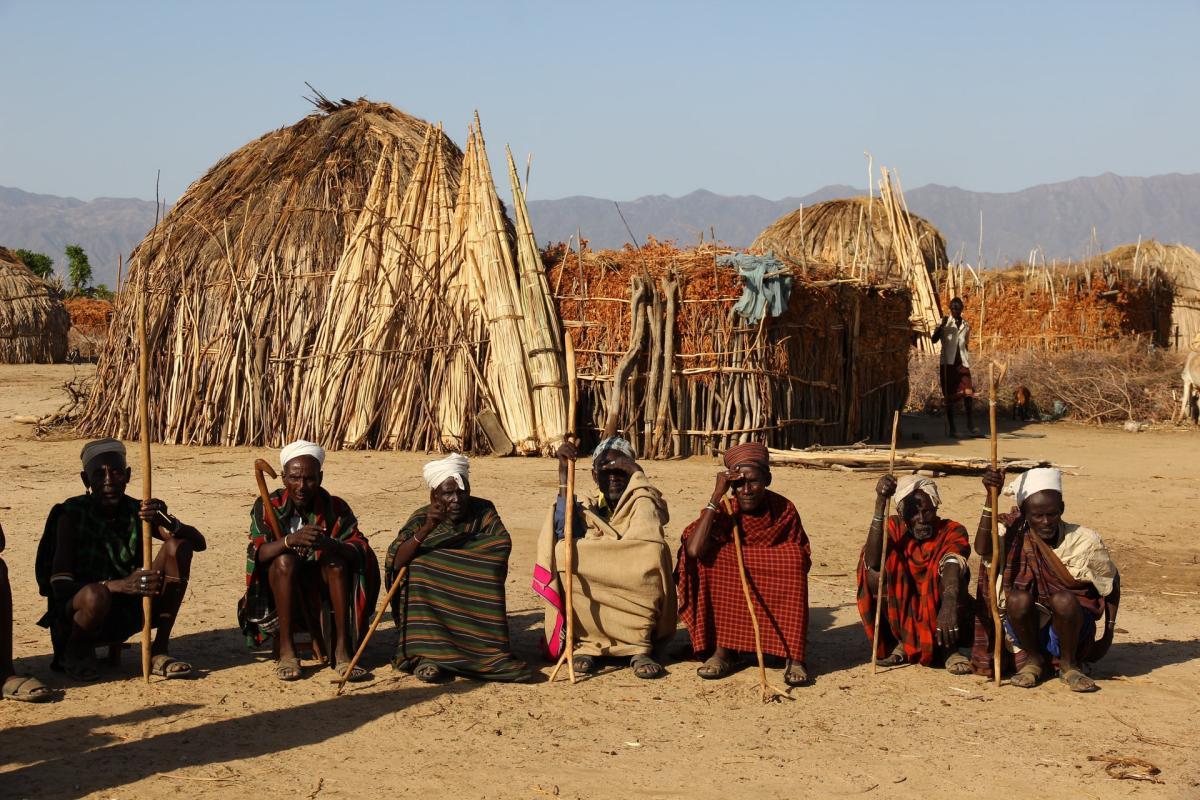
Some of them are true… But not all of them, for example, we only have an hour to eat, and it sometimes ends up being only 20 minutes because a lot of people have to eat at the same time at the cafeteria. The reason the days are so long is that we have way too many subjects. Our government wants us to be experts on everything, and we end up being clueless about everything. And the programs given by the education ministry are way too dense for the teachers to be able to cover everything.
So we are forced to have more hours to compensate. The days are very long (I wake up at 5:30 AM and come back home at 6:50 PM), especially if you decide to take options and clubs.